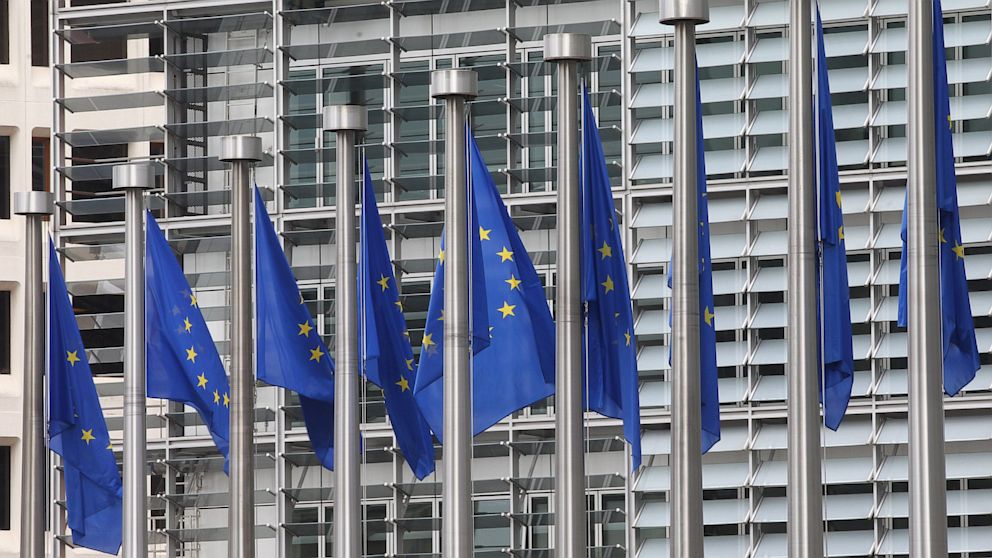E.U. to Sweep for Bugs Amid New U.S. Spying Claims
New Snowden NSA leaked documents accuse U.S. of eavesdropping on 38 countries.

July 1, 2013 — -- The European Commission said today it will be conducting a hasty security sweep of its buildings for American bugs after more leaked documents from ex-National Security Agency contractor Edward Snowden described a vast U.S. spying program that targeted the offices of adversaries and allies alike.
"In light of the allegations... [E.U.] President [Jose] Barroso has instructed the competent commission services to proceed to a comprehensive ad hoc security sweep and check," E.U. spokesperson Pia Ahrenkilde told reporters today. "This is disturbing news. If proven true, they demand full clarification."
The German newspaper Der Spiegel first reported on America's alleged efforts to spy on the European Union Saturday, saying their story was based on secret documents obtained and provided to them by Snowden. Snowden, who claims to have been the source for a slew of stories in several major newspapers that revealed what he called the U.S. government's "horrifying" domestic and foreign surveillance programs, is believed to be in hiding in a Moscow airport, having fled there from Hong Kong last month.
READ: Edward Snowden Blasts Obama 'Deception,' WikiLeaks Says
According to the Der Spiegel report, a 2010 document suggests that in addition to installing listening devices in European Union buildings in downtown Washington, D.C., the Union's computer network was also compromised by the U.S. Similar efforts were made against the Union's representatives to the United Nations in New York, and the documents say the U.S. used electronic eavesdropping in target offices in Brussels, host of the European Commission, years ago.
A day after Der Spiegel's report, The Guardian provided additional details on the alleged spying effort, revealing that in one document 38 embassies and missions were described as "targets," including France, Mexico, India, South Korea and Turkey.
The Guardian said one of the documents from 2007 described a bugging method codenamed Dropmire in which a listening device is implanted in encrypted fax machines -- the machines used to send cables to the foreign ministries of European capitals. The codename for the operation to spy on delegates of the E.U.'s United Nations team was "Perdido," or "lost" in Spanish, the paper said.
Along with E.U. spokesperson Ahrenkilde, several top foreign leaders have demanded an explanation from the U.S.
"The monitoring of friends -- this is unacceptable. It can't be tolerated," German Chancellor Angela Merkel's spokesperson Steffen Seibert said on behalf of the German leader, according to Der Spiegel. "We are no longer in the Cold War."
Russian President Vladimir Putin told reporters today his government has evidence of U.S. spying at its embassy but declined to elaborate.
U.S. Secretary of State John Kerry said today that his attention has been on the Middle East in the past few days, and he yet to see the reports.
"I want to see the allegations, number one, and then number two, I need to find out what the truth, what the situation is," Kerry said, promising to give foreign leaders an answer. "I will say that every country in the world that is engaged in international affairs of national security undertakes lots of activities to protect its national security, and all kinds of information contributes to that. All I know is that that is not unusual for lots of nations."
Also over the weekend, The Washington Post published more slides to help explain the NSA program, called PRISM, designed to allow them access to vast amounts of online information by gaining access to major online companies like Google and Facebook.




